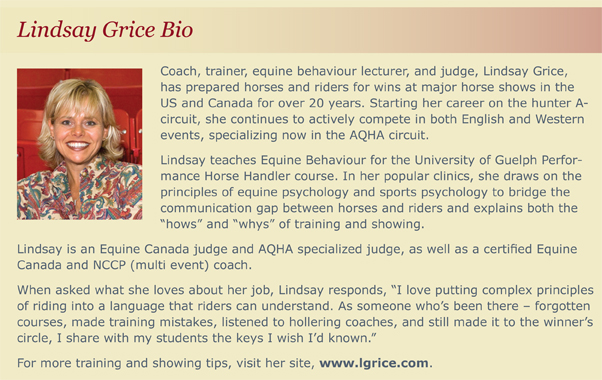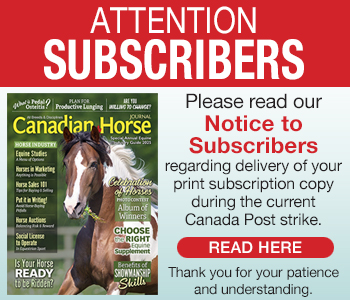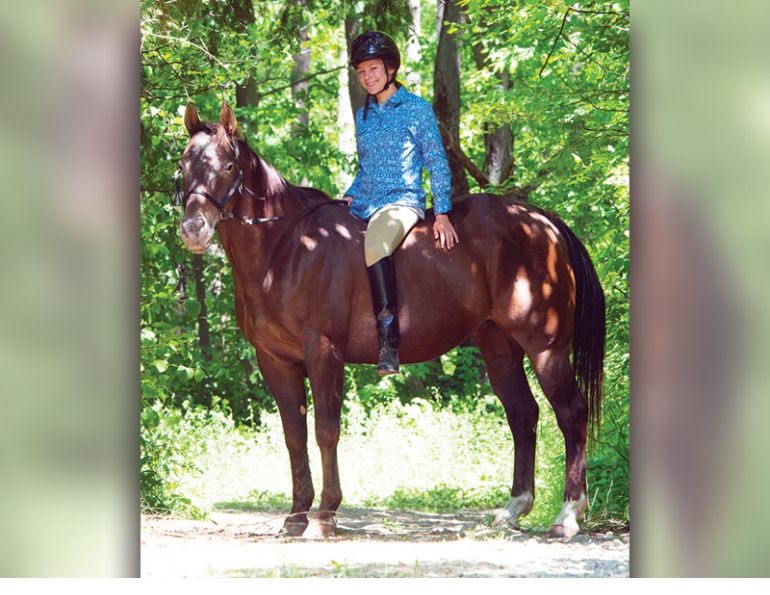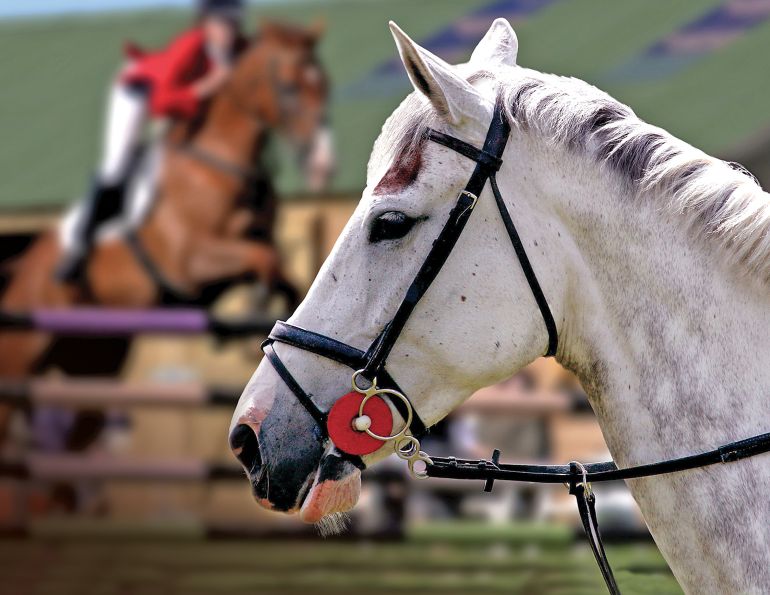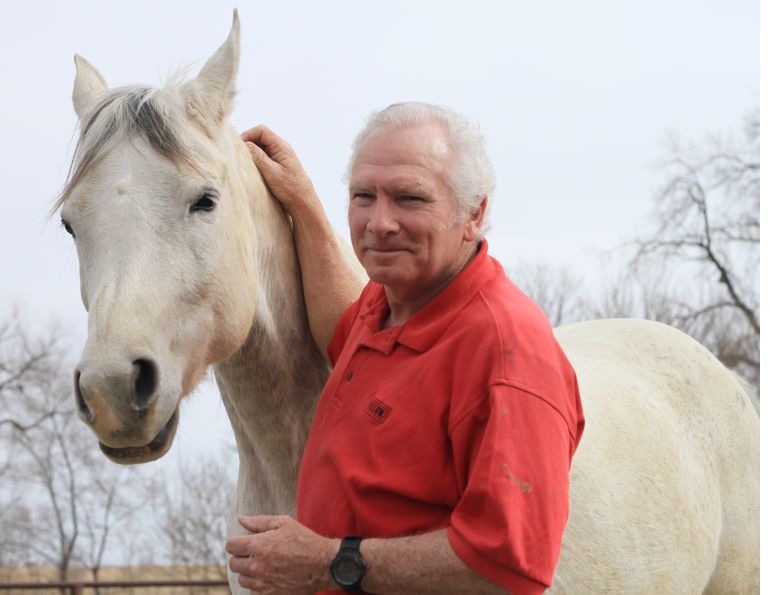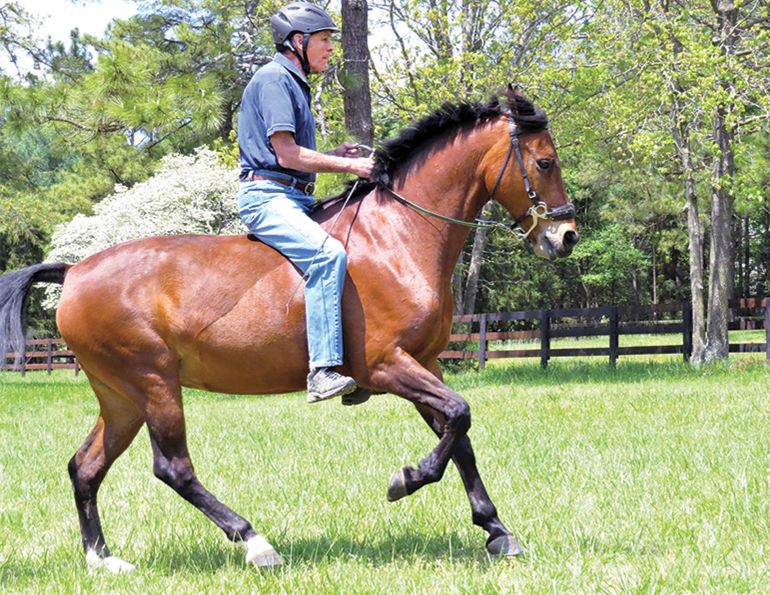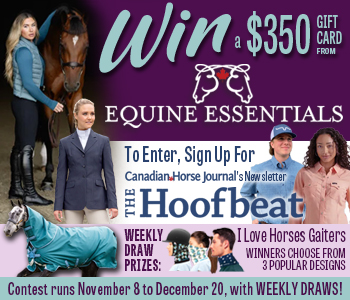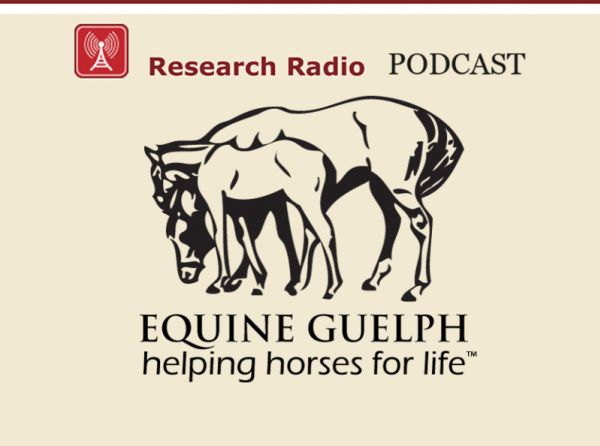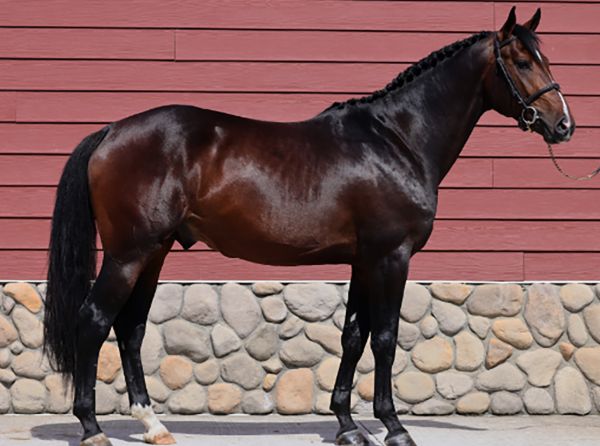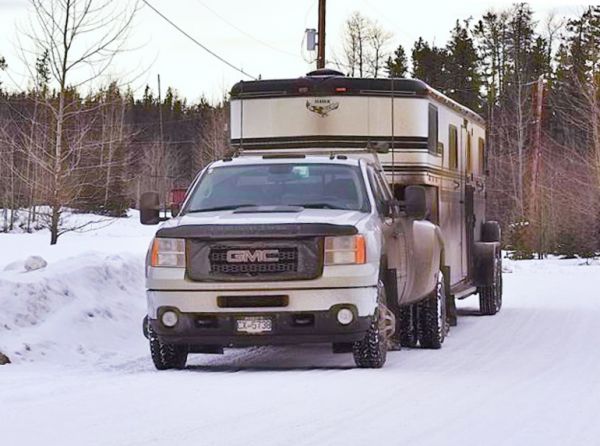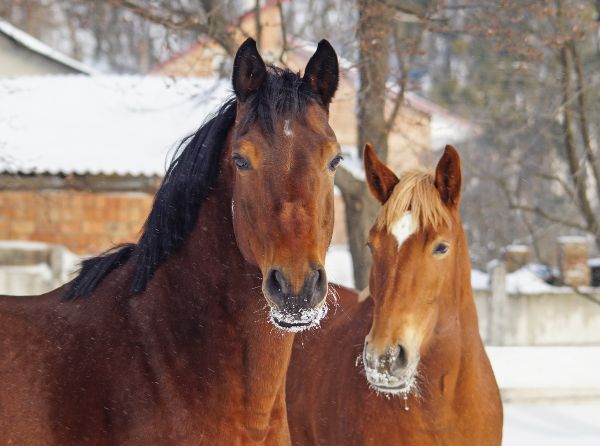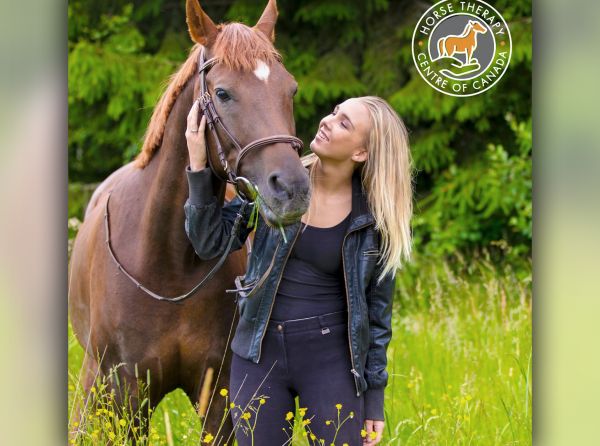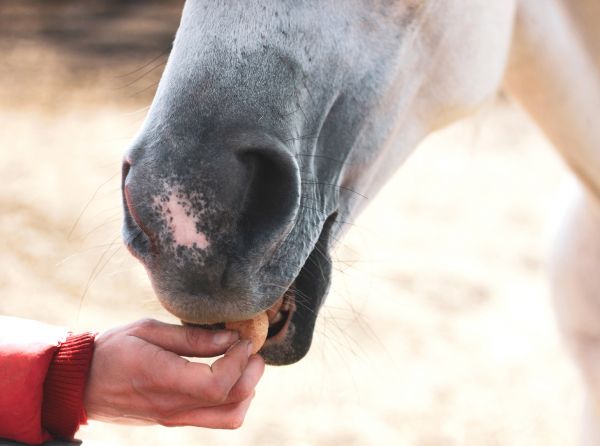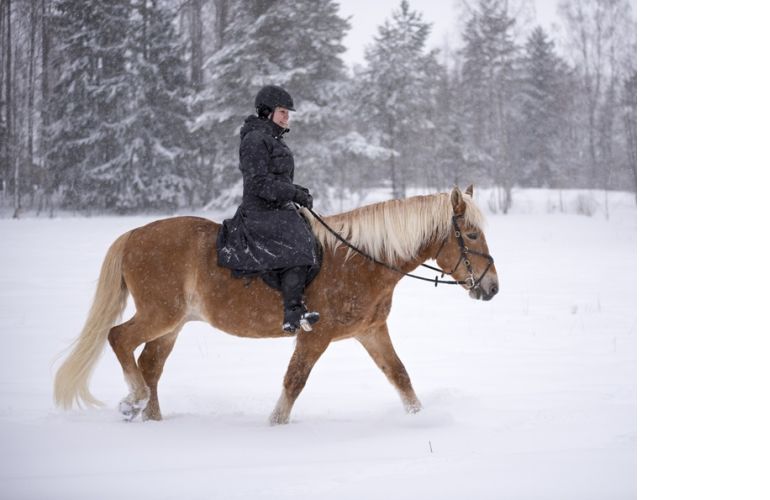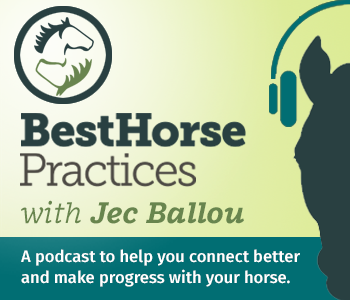By Lindsay Grice
Q My daughter is graduating from the novice youth/13 and under division to the 14 to 18 age category next year, and I understand this category is highly competitive. She loves riding and is talking about a career in horses someday. We would like to support her and encourage her to develop the skills a good rider needs beyond the technical help her instructor can give her. What makes a really good rider?
A Your daughter is really fortunate to have parents who are helping her to see beyond the immediate goals of the show ring to the big picture – setting goals, using your gifts to the best of your ability, and developing character along the way. I thought about the qualities that I have seen in my most successful students over the years. Beyond putting them in the winner’s circle, these traits will help them to be successful in life.
Self Esteem
No one likes a puffed up, cocky person (the kind of person who has to put others down in order to make herself look good). Such a person is not teachable and tries to impress others with their knowledge. This kind of person often goes over the top with disciplining horses, and bullies their students or other people in the barn. Ironically, this kind of person is usually overcompensating for a poor self image, but easily sways and deflates those with fragile egos. The very sensitive person takes criticism too personally, and is so afraid of failure that they refuse to take any risks. Neither extreme makes a good rider.
Focus
We concentrate so much on keeping our heels down and our hands steady that we sometimes overlook the powerful tool that is the mind. A good rider can block out the distractions (spectators, ring conditions, the events of the day) and focus on the moment at hand. It takes focus to stick to a lesson plan while schooling, or the game plan you rehearsed while in the show ring. To prioritise the urgent over the important and choose the best over the good is absolutely necessary to succeed in the long haul.
Knowledge
Having a well-rounded education in business, equine nutrition, shoeing, and veterinary care is a must. Experience in other riding disciplines provides a wide base from which to draw ideas for riding and training. A good horseperson is always learning.
Patience
In contrast to our drive-through world filled with quick fixes and miracle diets, good riders enjoy the process en route to the goal. Training is most successful when it proceeds step by logical step. If you only get a three percent improvement each day, that’s a big jump by the end of the month. There is a temptation to ask for too much in a training session or to skip steps. I have a personal rule that, although sometimes you have to take risks, more is generally accomplished when you don’t ask for anything of your horse that you think you might not get. Emotional anger has no place in training horses. Although occasionally we have to deal aggressively with a horse, a patient person can shut it off in three seconds and carry on as if nothing happened. A patient person can step back and objectively ask, “Why isn’t this working?”
Endurance
Horse training and showing involves toughing it out when we are cold, hot, tired, in pain, hungry, or scared. You have to be fairly hardy to be a horseperson.
Discipline
The ability to follow routine and have good habits is essential with horses. In feeding practises, health care, record keeping, or training schedules, all horses are creatures of habit. Good riders don’t take short cuts when it comes to safety and are prepared for emergencies.
Risk Taker
Although playing it safe is the general rule of thumb, a talented rider has a good sense of when to push the limits. To practise things out of your comfort zone, to go that little bit further, and to be innovative, is both good horse sense and business sense.
Goal Oriented
Whether short term (the lesson plan for today), long term (qualifying for the youth team this season), or lifelong (having my own farm and breeding top reining horses), goals are important to keep a rider on track. Goals need to be realistic based on the horse’s ability, your finances, time, and the other people in your life. Sadly, I have seen too many people alienate their children and spouses by failing to consider them in pursuit of their goals. A successful horseperson is well grounded.
Even if your daughter doesn’t choose a career in the equine industry, these life skills will enhance any career she chooses.
Main article photo: Courtesy of Troxel - A genuine love of horses and of equestrian sport is an obvious prerequisite for a professional horseperson.




